- Have any questions?
- +86-189 8930 5995
- sales@mosinterchem.com.cn
Acycloguanosine CAS 59277-89-3

Carboplatin CAS 41575-94-4
05/12/2018
Teicoplanin CAS 61036-62-2
06/12/2018| Model: | MOS 59277-89-3 |
| Place of Origin: | Shandong,China (Mainland) |
| Brand: | MOSINTER |
| CAS: | 59277-89-3 |
| Storage condition: | -20°C |
| Melting Point: | 256-257°C |
| Form: | powder |
| Color: | white |
| Solubility: | H2O: 0.7 mg/mL |
| Stability: | Stable. Incompatible with strong oxidizing agents. |
Acycloguanosine(CAS: 59277-89-3)
| Item | Index |
| Molecular Formula | C8H11N5O3 |
| Molecular weight | 225.2 |
| Specification | CP/USP/EP |
| Appearance | White powder |
| Melting point | 256-257°C |
| Solubility(in water) | 0.7 mg/ml |
Acycloguanosine is a guanosine analogue antiviral drug. It is one of the most commonly
used antiviral medicine, that is primarily used for the treatment of herpes simplex virus
infections, as well as in the treatment of varicella zoster (chickenpox) and herpes zoster (shingles).
It is on the World Health Organization’s List of Essential Medicines, a list of the most important
medication needed in a basic health system.
Medical use
Aciclovir is indicated for the treatment of HSV and VZV infections, including:
• Genital herpes simplex (treatment and prevention)
• Herpes simplex labialis (cold sores)
• Shingles
• Acute chickenpox in immunocompromised patients
• Herpes simplex encephalitis
• Acute mucocutaneous HSV infections in immunocompromised patients
• Herpes of the eye
• Herpes simplex blepharitis (a chronic (long-term) form of herpes eye infection)
• Prophylaxis against herpes viruses in immunocompromised patients (such as patients undergoing cancer chemotherapy)
It has been claimed that the evidence for the effectiveness of topically applied cream
for recurrent labial outbreaks is weak. An earlier review of scientific literature showed
there is some effect in reducing the number and duration of lesions if aciclovir is applied
at an early stage of an outbreak. Aciclovir trials show that this agent has no role in preventing
HIV transmission, but it can help slow HIV disease progression in people not taking anti-retroviral
therapy (ART). This finding emphasizes the importance of testing simple, inexpensive non-ART
strategies, such as aciclovir andcotrimoxazole, in people with HIV.
A systematic review found that in the treatment of individuals suffering from herpes of the eye,
aciclovir was found to be significantly more effective than idoxuridine or vidarabine in relative
number of successfully healed eyes.
Pregnancy
Classified as a Category B Drug, the CDC and others have declared that during severe recurrent
or first episodes of genital herpes, aciclovir may be used. For severe HSV infections (especially
disseminated HSV), IV aciclovir may also be used. Studies in mice, rabbits and rats (with doses
more than 10 times the equivalent of that used in humans) given during organogenesis have failed
to demonstrate birth defects. Studies in rats in which they were given the equivalent to 63 times the
standard steady-state humans concentrations of the drug on day 10 of gestation showed
head and tail anomalies.
Aciclovir is recommended by the CDC for treatment of Varicella during pregnancy, especially
during the second and third trimesters.
Aciclovir is excreted in the breast milk, therefore it is recommended that caution should be
used in breast-feeding women. It has been shown in limited studies that the nursing infant is
exposed to approximately 0.3 mg/kg/day following oral administration of aciclovir to the
mother. If nursing mothers have herpetic lesions near or on the breast, breast-feeding should be avoided.
You must be logged in to post a review.
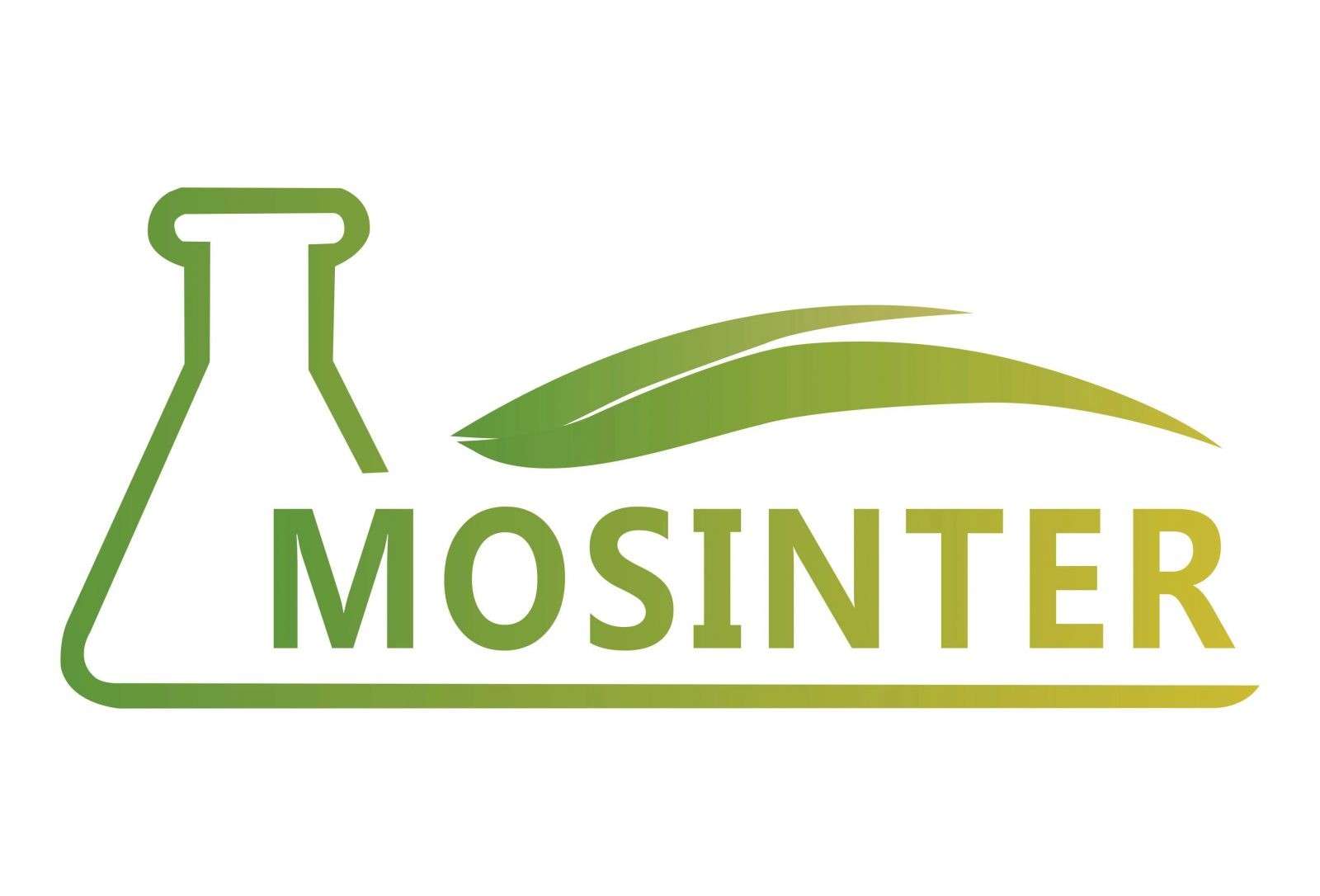
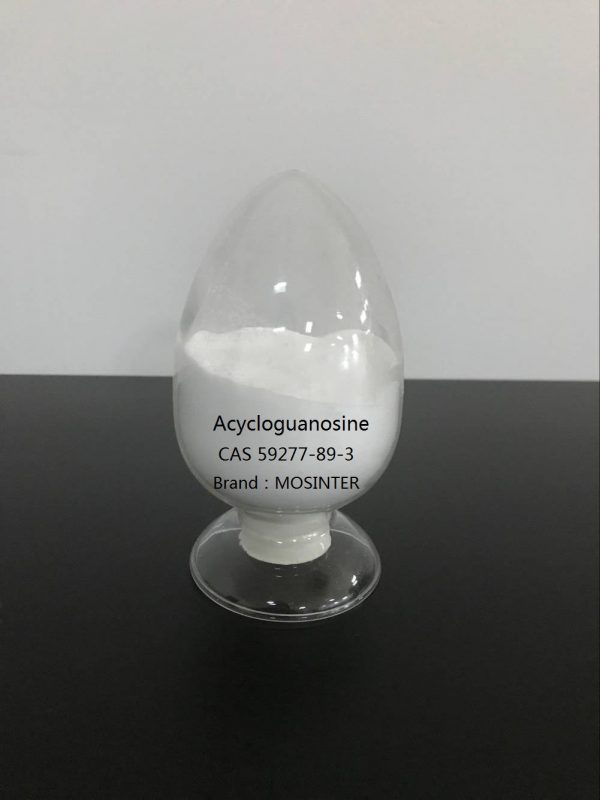
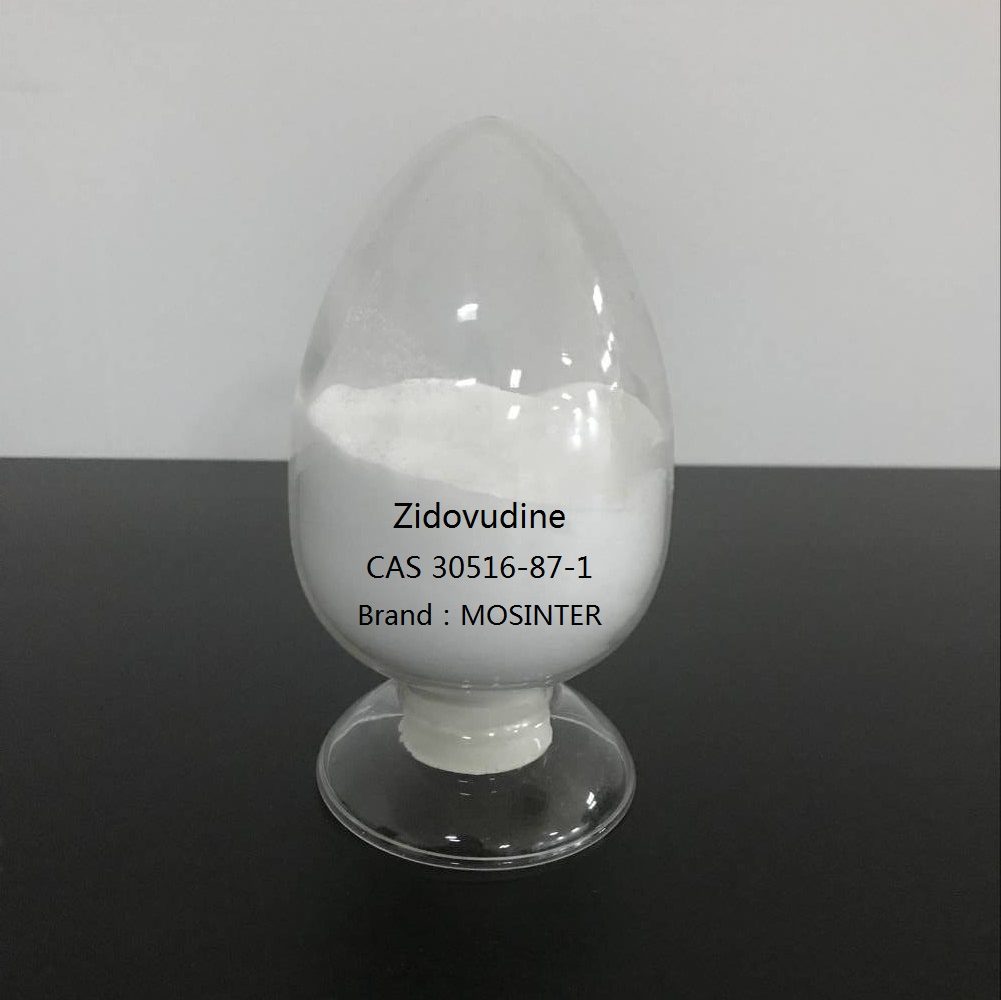
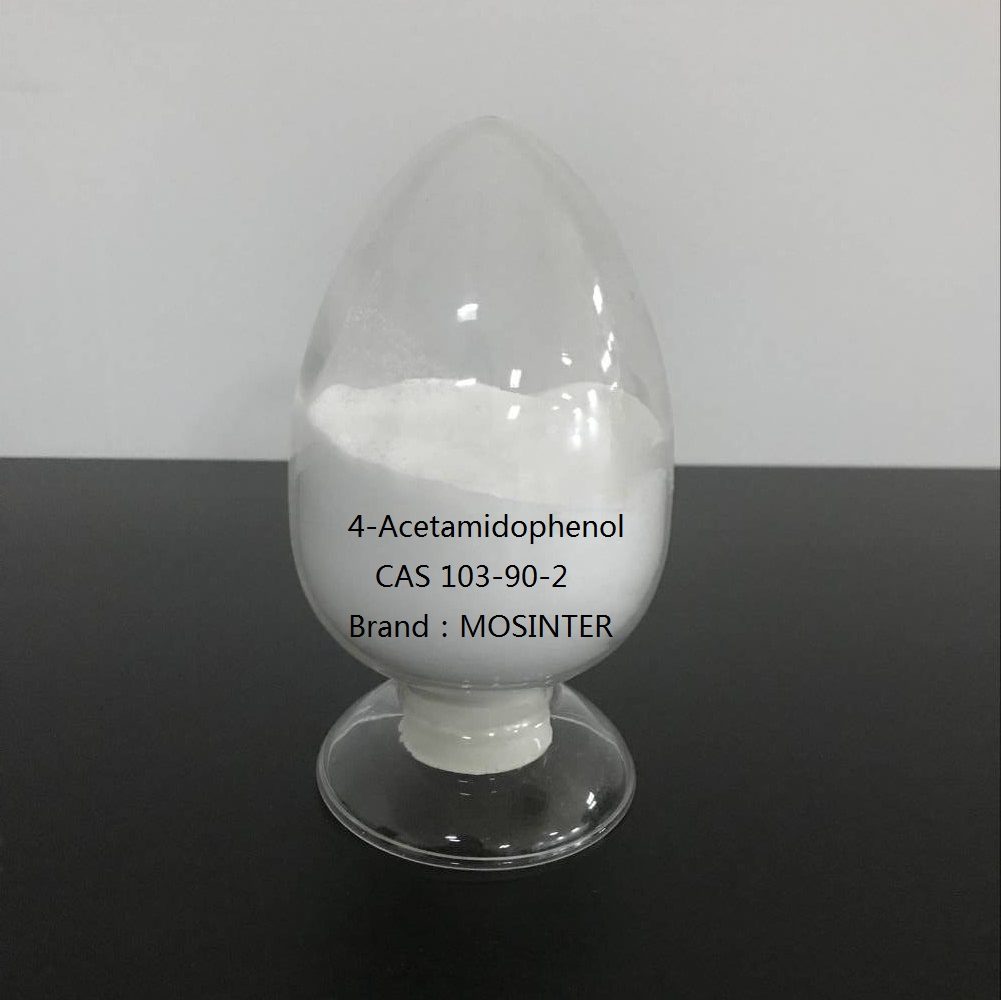
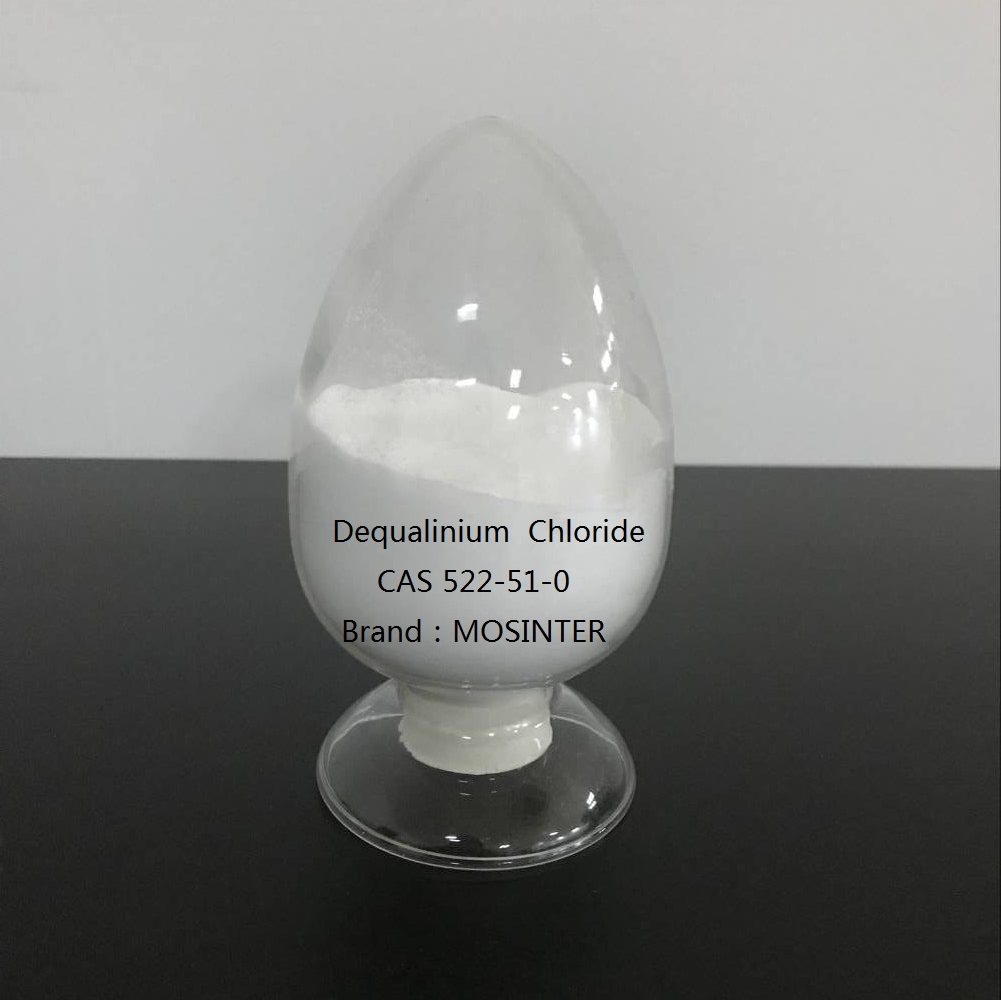
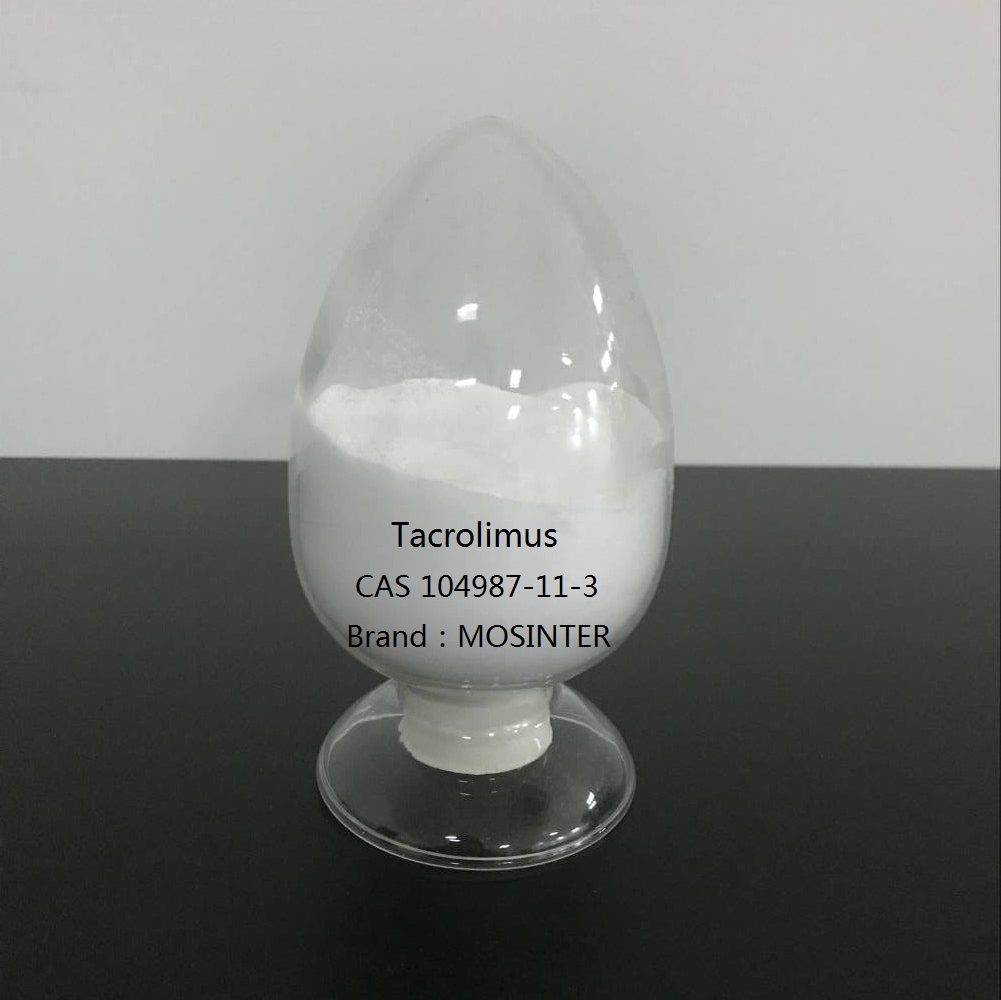
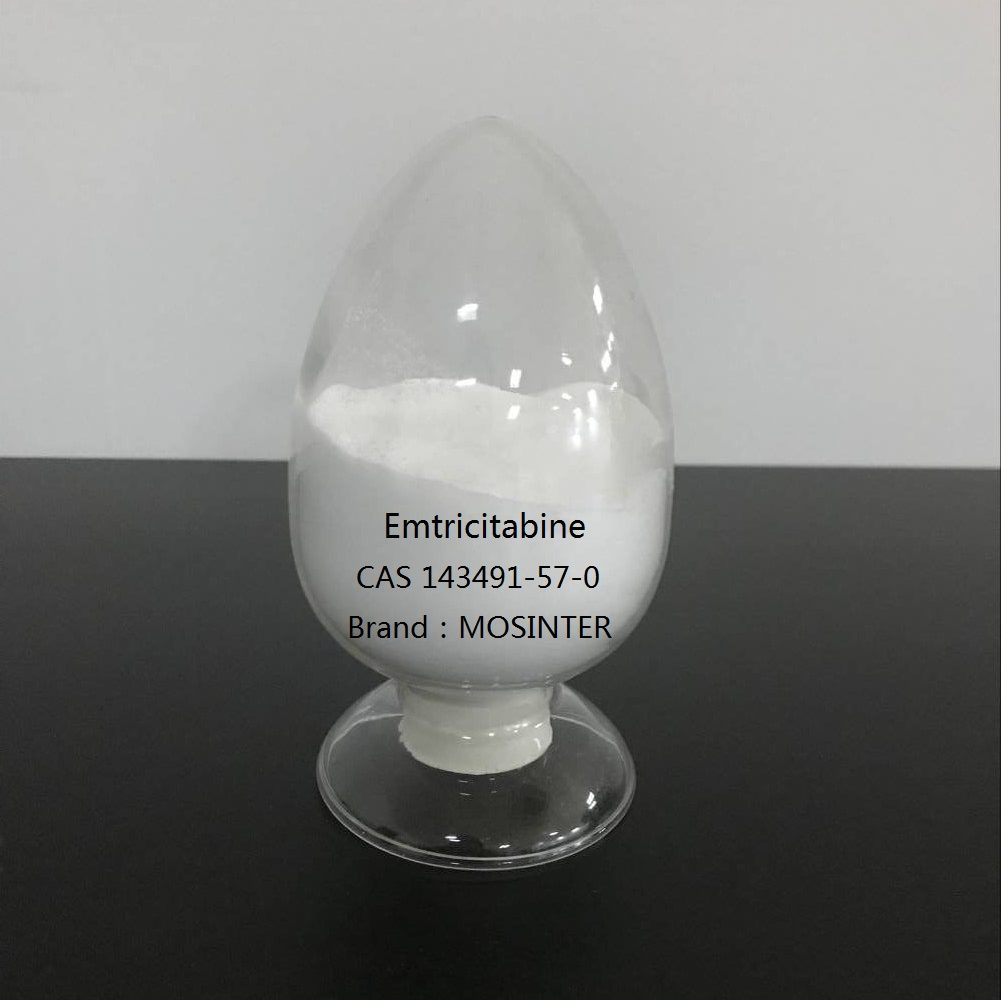
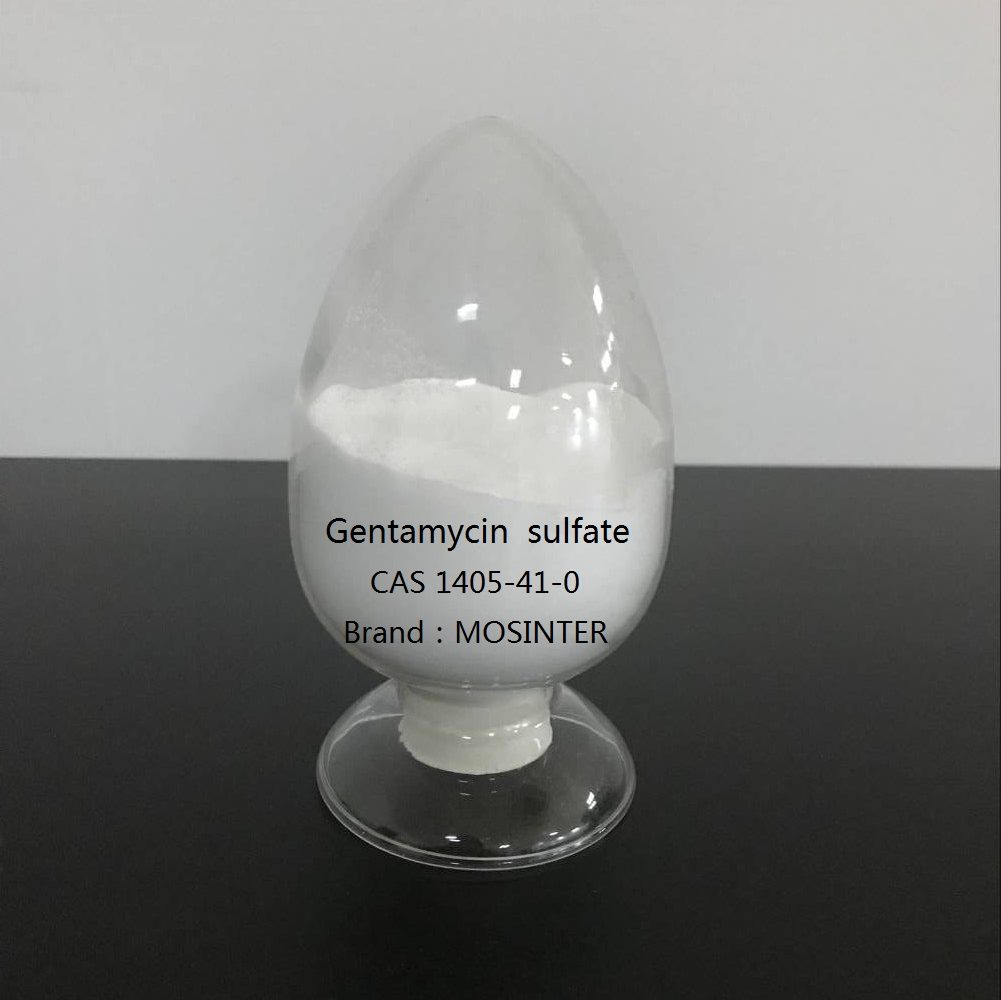
Reviews
There are no reviews yet.